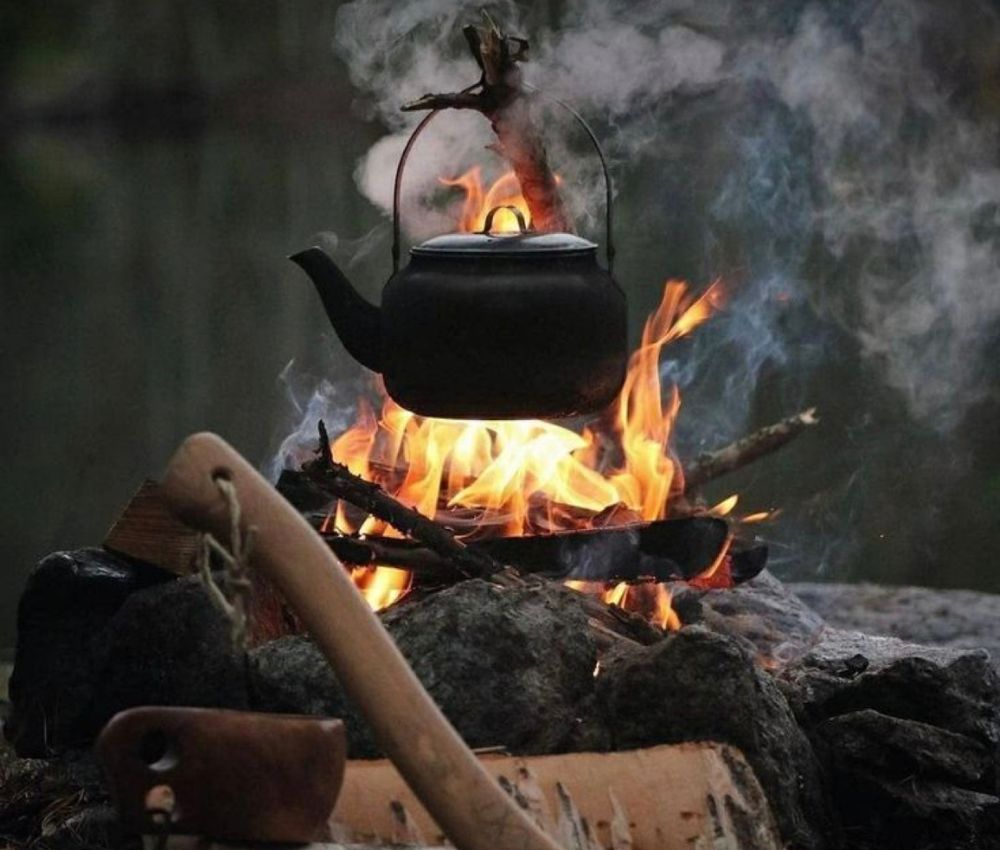Matariki - A time to Reflect and Celebrate

Matariki - A time to Reflect and Celebrate
Welcome back to another reflection from our cups of tea yarns that keep our whanaungatanga warmed-up during these cold winter days. As we come to the end of the year and head into Matariki (our Māori New Year here in Aotearoa) - it's a time for gathering, sharing reflections, and planning. It was awesome to hear all of the uplifting kōrero and stories as we shared in each other’s good news. Our topic this week was open, and we prompted the time with the question, what are you celebrating at the moment?
Sharing our highlights was an opportunity to pause and celebrate each other's achievements. This is echoed in the whakatauki (proverb) that says - “poipoia te kākano, kia puāwai - nurture the seed and it will bloom”.
There were a range of stories including - success in facilitating almost 20 Regulatory Standards Bill submissions workshop for others, a workplace recognition award which recognises those who maintain mana (dignity or respect) across different spaces, and like many of our participants, we acknowledged the constant balance of mahi and whānau responsibilities. Sharing and hearing stories about how we serve and care for people in our community really highlights that leadership is about how you take care of others around you. One participant’s highlight was feeding 200 people at a community BBQ in Pōneke (Wellington) and reflected that the people - “ate like kings”, as they should.
Kai - as a Cultural Connector
Expanding on the winter season theme and the importance of shared kai, many spoke of our highlights during the week involving kai. For instance, to celebrate Samoan Language week some enjoyed Panipopo (coconut buns) with their colleagues. Another participant discussed the important role kai plays in indigenous celebrations and culture, such as hāngi (earth oven food), and mentioned their aspiration for the ritual and partaking of hāngi to be celebrated and used for special occasions, rather than it becoming a mundane meal.
Matariki - More than a Public Holiday
Recent seasonal changes was a common theme - like shorter days and colder weather patterns whilst one participant particularly noticed a familiar tree on their bike ride into work that was now a flaming red colour. All observations are indicative of the rising Matariki season.
One participant spoke about her perspective of Matariki, explaining that it's a time for reflection and introspection rather than having a commercialised focus on it like the Christmas season for instance. She emphasised the importance of slowing down and considering life choices, contrasting this with the modern world's constant rush.
This prompted discussion on the timing of festivals to celebrate the new year which occurs in winter in many indigenous cultures across the globe. However, in the global south, celebrations like the Christmas and New Year period have been transplanted and celebrated over Summer-time in Aotearoa for example.
Participants shared kōrero around navigating both indigenous and Western cultural ways. There was a comparison between the Gregorian Calendar and other calendars like our Maramataka Māori. One participant noted that there is now a wider acceptance and use of the maramataka (our Māori Moon calendar) which has 13 cycles to a year, rather than 12 months. This prompted the thinking about how we exist, live and navigate in Two-Worlds either by default or through choice and by design.
2025 Walk Together System Navigators Leadership Program Update
We were asked to share an update on the kōrero on the journey of onboarding people for Walk Together’s 202 System Navigators Leadership Program. This kaupapa will bring 20 Pacific and 10 Māori leaders from West Auckland into a purpose-built, 10-month journey beginning at Matariki 2025. We’re midway through onboarding the first 20 leaders, and the depth of enthusiasm and support from across West Auckland has been truly humbling.
Grounded in “learning by doing,” Walk Together facilitators will walk alongside our fellow colleagues/leaders—sharing them with practical intercultural-facilitation tools and frameworks for systemic change that Walk Together has used for the past 30 years.
This Week
As requested by one of our visitors, we’ll dive into the Two-World concept— for example - how we move between Indigenous and Western worlds, sometimes by default, sometimes by deliberate design. Bring a story or reflection on where you feel those worlds meet, clash, or weave together in your life and mahi.
Click here to register and join our 100,000 Cups of Tea Conversations.

